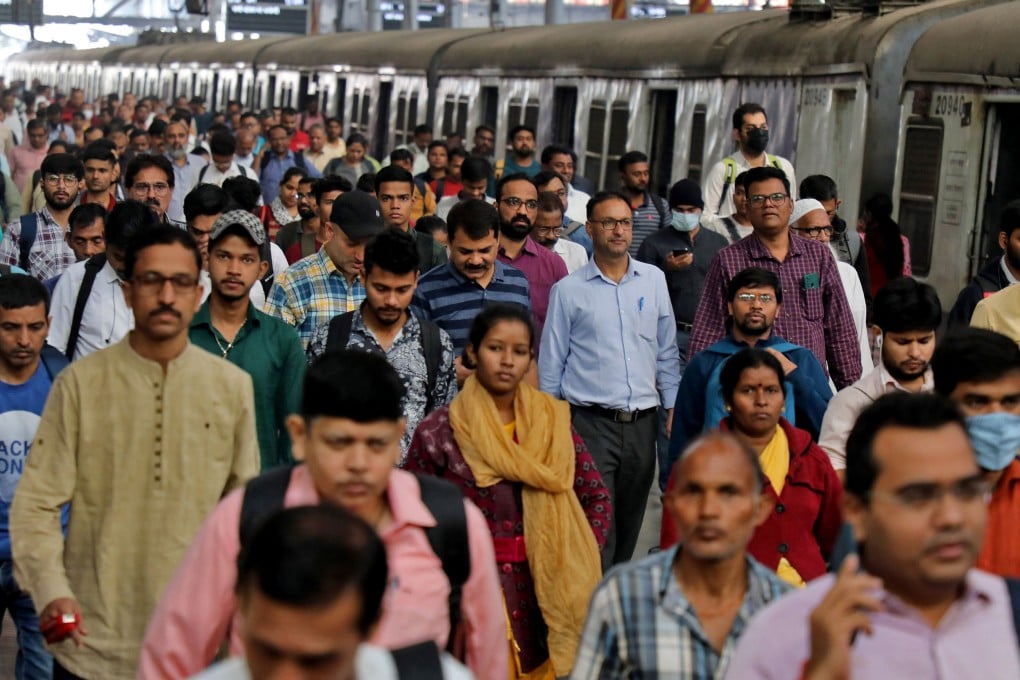India risks using ‘guesswork’ to form policy, with census delayed as election looms
- India last carried out its 10-yearly census in 2011, but the mammoth undertaking has been postponed indefinitely
- Without up-to-date data, government planners will struggle to determine economic and social trends and frame policy, analysts say

India has held a census every 10 years since 1881, deploying an army of interviewers who fan out across the country, quizzing people about every aspect of their lives from housing and education to family size and income.
“The census is critical. You need basic data about the country for planning and, like any projection exercise, the greater the period over which you’re projecting, the less accurate the projection becomes,” said Pronab Sen, former chairman of the National Statistical Commission and the first chief statistician of India.
There has also been no official poverty update, resulting in at least five estimates of the number of poor based on various figures and methodologies, according to data website IndiaSpend. Those estimates range from 2.5 per cent of the population – 34 million – to 29.5 per cent, or 373 million. In the 2011 census, 269 million people were listed as poor, 21.9 per cent of the population.
Economists are employing “high-frequency data” such as car sales, company earnings, electricity output and steel and cement production as proxies for the census to try to gauge the health of the economy and consumption patterns.